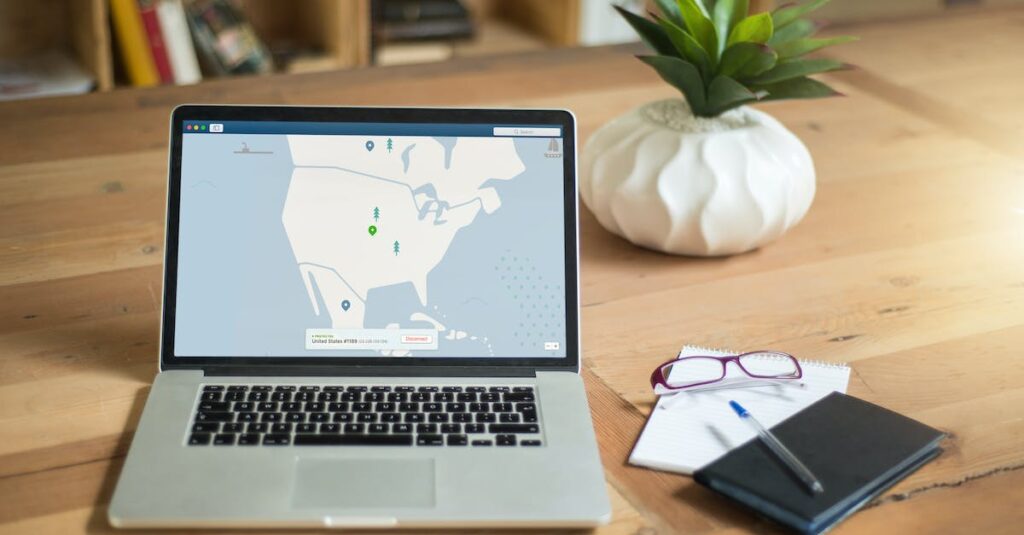Introduction
In today’s Information Age, where technology dominates our lives, it’s easy to feel overwhelmed and disconnected from our own privacy. With countless online platforms, social media networks, and smart devices, it’s crucial to take a step back and consider the implications of our digital presence. This article explores the concept of a digital detox and how it can help preserve our privacy in an increasingly connected world.
Understanding the Digital Detox
Defining a Digital Detox
A digital detox refers to a period of time where individuals intentionally disconnect from their digital devices and online activities. It involves taking a break from social media, email, and other digital platforms to focus on real-world experiences and regain a sense of mental well-being. While it may seem daunting to disconnect in a digitally driven society, a digital detox can have numerous benefits, especially when it comes to preserving privacy.
The Importance of Privacy
With the rapid advancement of technology, our personal information is more exposed than ever before. Privacy has become a valuable commodity, and protecting it is crucial for maintaining our autonomy. Preserving privacy not only shields us from potential cyber threats but also helps us maintain control over our personal information. A digital detox can be an essential tool in regaining that control.
Impact of Information Overload
Information overload is a common issue in the Information Age. We are constantly bombarded with news, advertisements, and notifications that demand our attention. This constant stream of information can leave us feeling overwhelmed and vulnerable. By taking a step back and disconnecting from the digital world, we can reduce the influx of information and regain control over our privacy.
Strategies for Preserving Privacy
Mindful Social Media Usage
Social media platforms have become an integral part of our everyday lives, but they also pose significant threats to our privacy. Practicing mindful social media usage involves being aware of the information we share, carefully managing privacy settings, and regularly reviewing our friend lists. By being mindful of our online presence, we can protect our privacy and limit potential data breaches.
Strengthening Online Security
Digital privacy goes hand in hand with online security. By adopting strong security measures such as two-factor authentication, using robust passwords, and regularly updating software, we can minimize the risk of unauthorized access to our personal information. It’s essential to stay informed about the latest security threats and take appropriate precautions to safeguard our privacy.
Limiting App Permissions
Many apps request excessive permissions, giving them access to our personal data and potentially compromising our privacy. It’s crucial to review and limit the permissions granted to each app installed on our devices. By selectively allowing permissions and disabling unnecessary access, we can significantly reduce the amount of personal information shared with apps and protect ourselves from privacy breaches.
Practicing Digital Minimalism
Digital minimalism involves being intentional and selective about the digital tools and platforms we use. By decluttering our digital lives and focusing only on what truly adds value, we can reduce the risk of sharing unnecessary personal information. Digital minimalism also empowers us to prioritize our mental well-being, allowing us to disconnect and recharge whenever needed.
Taking Control of Your Digital Life
Setting Boundaries
Establishing clear boundaries for digital usage is essential for regaining control of our privacy. This may involve setting specific timelines for device usage, implementing digital-free zones in our homes, or dedicating specific days for complete disconnection. By setting boundaries, we can create a healthier relationship with technology and ensure our privacy is protected.
Cultivating Offline Hobbies and Relationships
Engaging in offline activities and nurturing real-life relationships is key to a successful digital detox. By focusing on hobbies, spending time in nature, or connecting with loved ones face-to-face, we not only enhance our well-being but also reinforce the value of privacy in our lives. These offline connections remind us of what truly matters and provide a sense of balance in an increasingly digital world.
Summary
In the Information Age, preserving privacy requires conscious effort and intentional actions. Taking regular digital detoxes and implementing strategies to protect our personal information are crucial for maintaining privacy and control in an increasingly connected world. By adopting mindful social media usage, strengthening online security, practicing digital minimalism, setting boundaries, and cultivating offline activities, we can regain control over our digital lives and safeguard our privacy. Embracing the power of a digital detox allows us to reconnect with ourselves and find a balance between the benefits of technology and the importance of privacy.







